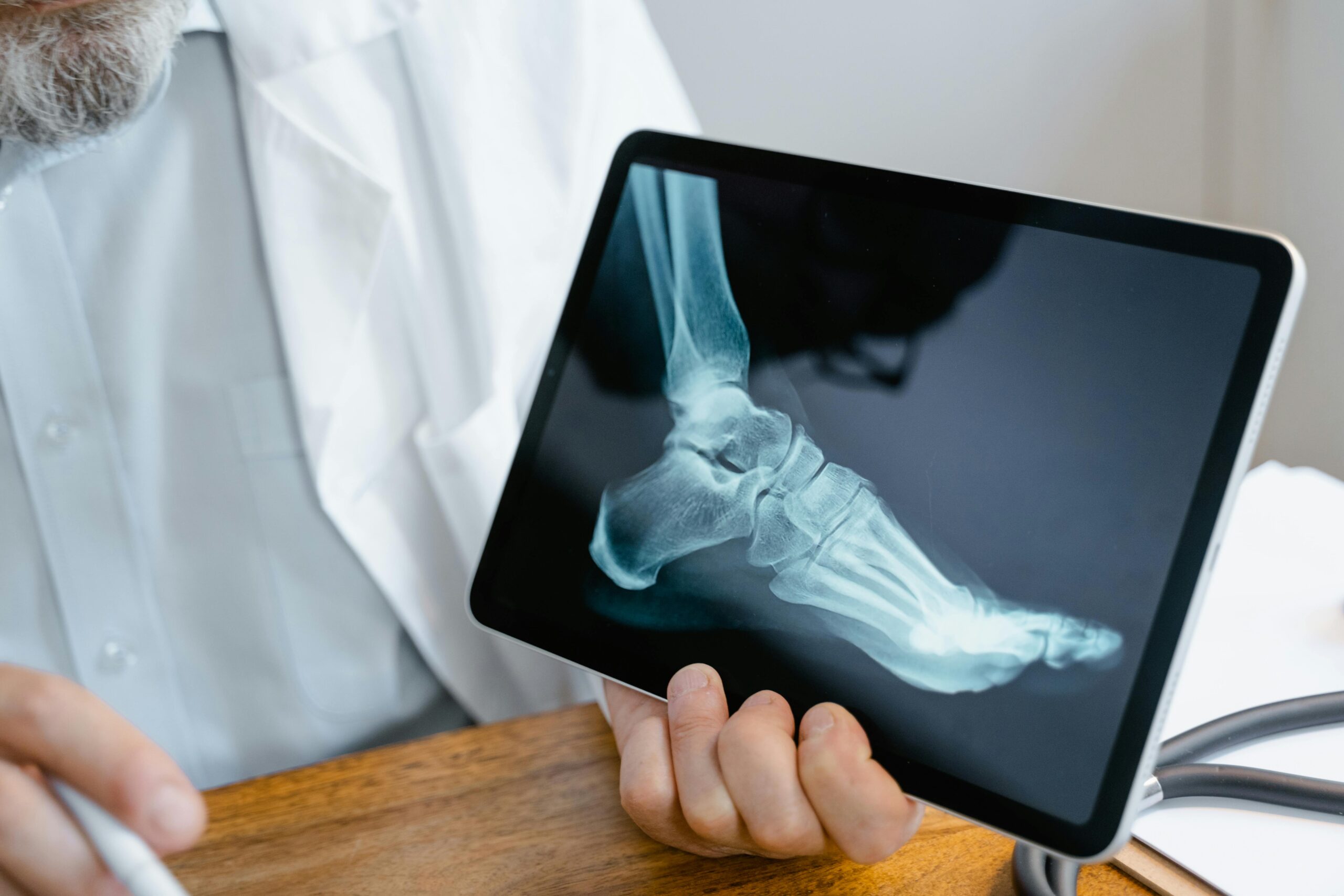
We often don’t give much thought to our bones until something goes wrong. Quietly working behind the scenes, our bones form the framework that holds us upright, shields our vital organs, and keeps us moving. They even serve as storage for essential minerals like calcium.
While strong bones are built during childhood and adolescence, maintaining bone health is a lifelong commitment. As we age, the rate at which we rebuild bone slows down, making it even more important to support and protect our skeletal system. Whether you’re growing, fully grown, or growing older, your bones deserve care every step of the way.
Your bones aren’t as static as they might seem—they’re constantly at work, breaking down old tissue and building new. This process, known as remodeling, happens more quickly when you’re young, which allows you to gain bone mass rapidly. Most people hit their highest bone mass, called peak bone mass, by about age 30. After that, remodeling still occurs, but the balance shifts—you begin to lose slightly more bone than you gain.
One of the biggest concerns with bone loss is osteoporosis, a condition that leaves bones fragile and more prone to fractures. Your risk of developing it later in life depends largely on how much bone you’ve built by your early adulthood and how quickly it’s lost afterward. Simply put—the stronger and denser your bones are when you’re young, the better protected you’ll be as you age.
Many factors work together to determine how strong your bones are and how well they hold up over time. Some you can control, others you can’t, but understanding them can help you make better choices for your skeletal health.
A balanced diet plays a vital role in building and maintaining strong bones from childhood through adulthood. Calcium provides the structural strength bones need, while vitamin D helps the body absorb and use calcium effectively.
Without enough of these nutrients, the risk of conditions like rickets, osteoporosis, and fractures later in life increases. In most cases, a varied, nutrient‑rich diet is enough to support bone health, but it should be paired with regular exercise and lifestyle choices that protect your skeletal system.
Adults need around 700 mg of calcium daily, and this can usually be met with a balanced, varied diet. Calcium is essential for keeping bones strong and healthy. Good sources include:
Adults need 10 micrograms (400 IU) of vitamin D each day. While some vitamin D comes from food, most is produced by the skin when exposed to sunlight.
Good food sources of vitamin D include:
For many people, dairy products like milk, cheese, and yogurt are the main sources of calcium. Since these aren’t part of a vegan diet, vegans need to get calcium from other plant-based and fortified options to keep bones strong and healthy.
Good calcium sources for vegans include:
Vitamin D is also vital for bone health, but the vegan diet naturally contains little to none unless fortified foods or supplements are included. For everyone—vegan or not—sunlight is the main source of vitamin D in spring and summer. Safe sun exposure, without letting skin burn, helps the body produce enough vitamin D.
Vegan-friendly vitamin D sources include:
Strong bones are built over a lifetime, not overnight. With the right nutrients, regular exercise, and healthy habits, you can protect your skeleton and reduce the risk of bone problems as you age. Take care of your bones now—they’ll support you for years to come.